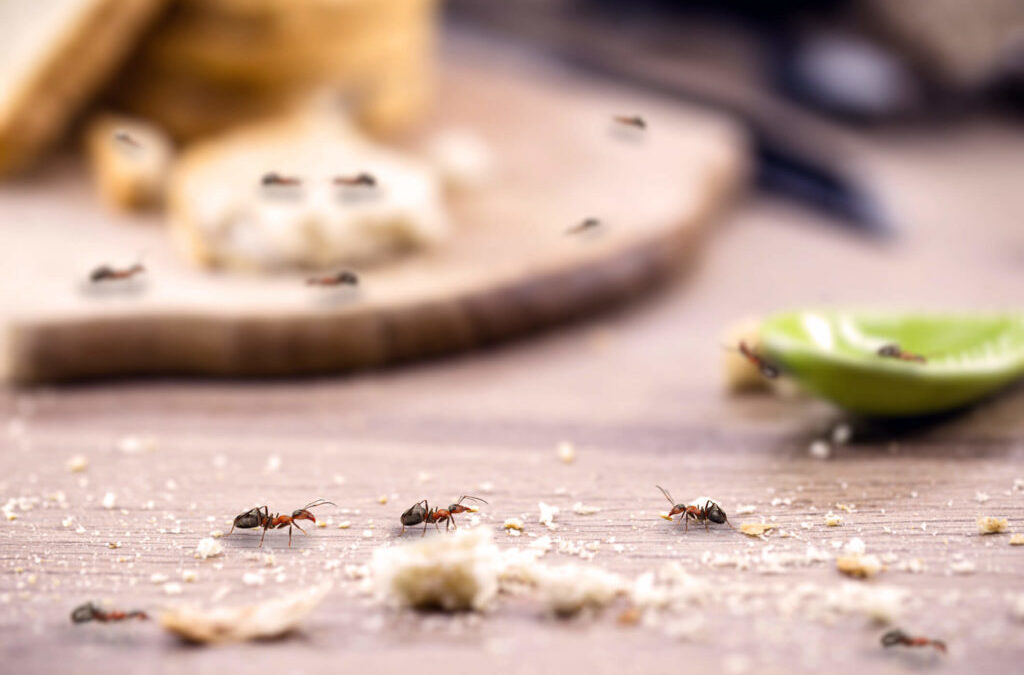READY TO GET STARTED?
REQUEST A FREE ESTIMATE
Fill out the form below or call (336) 226-1448 for a free, no-obligation estimate.

A home should be a safe haven—a place where we relax and feel secure. However, lurking within countless households are uninvited guests that pose significant risks to our well-being. Beyond being mere nuisances, common household pests can have far-reaching effects on human health. Understanding these dangers is crucial for homeowners, property managers, and health enthusiasts alike.
Rodents such as rats and mice not only cause structural damage but also carry diseases like hantavirus, salmonella, and leptospirosis. These pests can contaminate food and water sources, leading to outbreaks of illness, especially in urban settings.
Cockroaches, ants, and mosquitoes are among the many insects that infiltrate homes. Cockroaches can trigger asthma and allergies, while mosquitoes are infamous for spreading diseases such as West Nile virus and malaria. Ants, though less dangerous, can contaminate food and surfaces, leading to digestive issues.
Bed bugs and fleas, although tiny, pack a punch when it comes to health implications. Bed bugs can cause itchy welts and allergic reactions, while fleas are vectors for diseases like typhus and can transmit tapeworms to pets and humans alike.
When pests bite or sting, they can introduce toxins into the body, causing immediate reactions. Painful bites or stings can result in swelling, redness, and, in severe cases, anaphylaxis, a potentially life-threatening reaction.
Pests are notorious for contaminating food and water with their droppings, urine, and saliva. This contamination can lead to foodborne illnesses and gastrointestinal problems. Additionally, pests can trigger allergic reactions and exacerbate respiratory conditions through allergenic proteins found in their bodies and waste.
Maintaining a pest-free home is essential for health and peace of mind. Here are some strategies to help keep pests at bay:
Maintaining a healthy home environment requires awareness and action. By understanding the hidden dangers posed by common pests, we can take proactive steps to protect our homes and health. Vigilance in cleanliness, timely maintenance, and seeking professional pest control services are crucial. Let’s commit to creating a safer living space for ourselves and our loved ones. Stay informed, stay safe, and remember that a pest-free home is a healthy home.